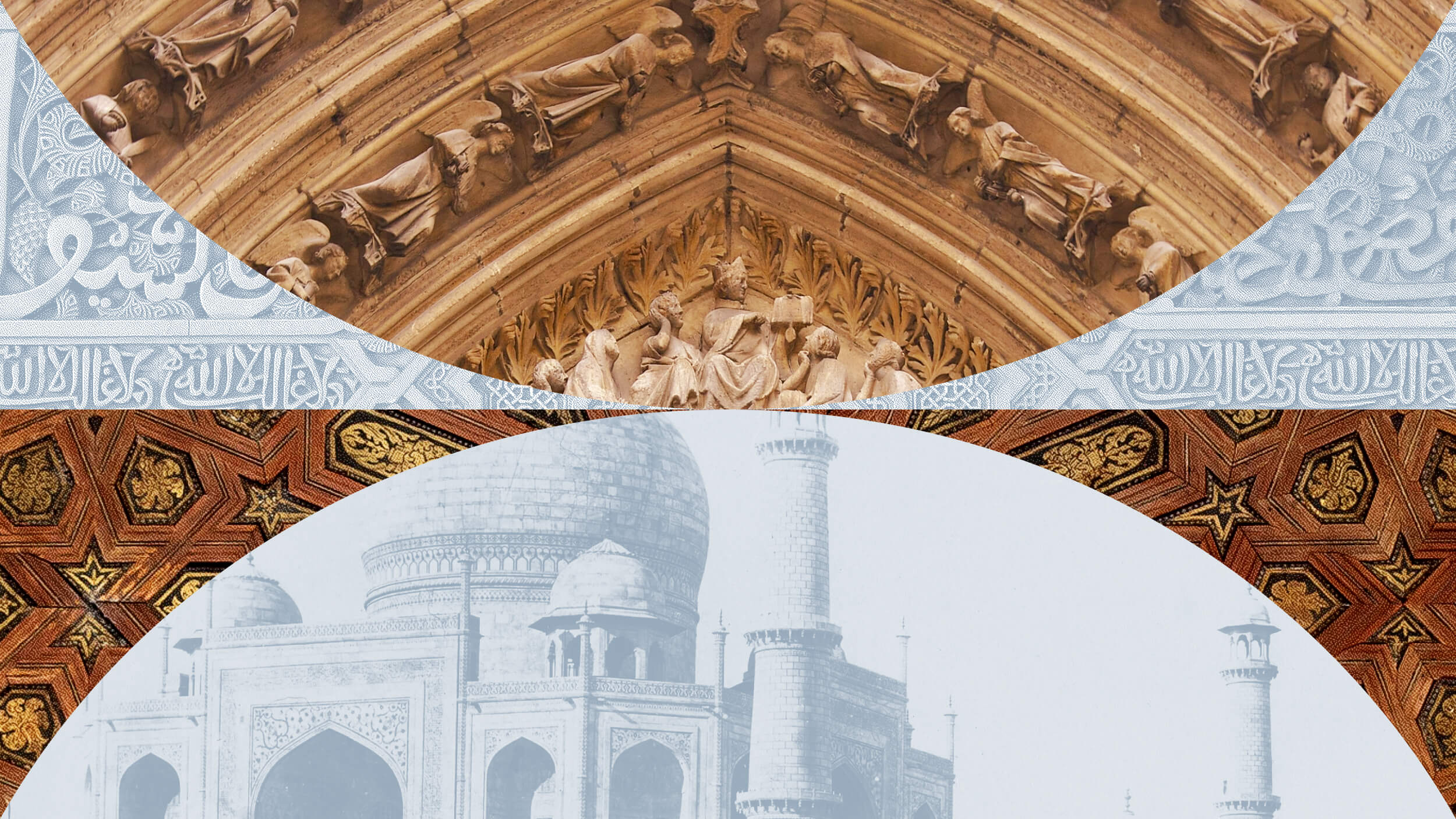“Virtually every Irish person has a connection to the U.S.”
Question: How do you relate to the Irish Diaspora?
Paul Muldoon: I feel very close to them. First of all, virtually every Irish person has a connection with the US. What ever, it might be. In the case of many Catholics, for example, connection that would back, in many cases, to the Famine or the succession of famines in the first part of the 19th century and 1830s and into the 1840s, predominantly 1847, and many people, those who didn’t die, many of them left the country that time. And that’s one component of the emigration at this country.
They have been almost the example. One I am particularly aggressed than the great Scotch Irish and predominately Presbyterian shift. These were descent of the people who started and the Presbyterians who came from Scotland, say the mid to late 17th centuries have been, roughly speaking of 100 years in Northern Ireland find themselves coming under some passion there actually. And then moving on to this part of the world. And they roughly, let’s say, the first half of the 18th century, early 1700s, 1740s, and they have a huge impact of this country.
And some of it, perhaps little troubling in it’s way. I think that in many cases that were forefront of the genocide of the native peoples and not something we want to think about this country too much. But they were also, in another sense, they were making the country that would have destroyed and the other country, but they were making some version of this.
I am always taken the back slightly, when I walked down the main street of Princeton, New Jersey, where I live and it is called Nas hall street [phonetic] and it is the straight of course that named after prince William of Orange and Nasal, who was not necessarily one our great heroes on my side of the houses, as calling back home, since it was he himself who and over came James of the off room and the going and to great to fit so far, then they Catholic farmer. But there he is.
And about that time was named after him when he was prince William, prince Time and their the university as the strong Presbyterian and back crowds and less to the foreign arrivals and to set up by Presbyterians. Indeed, one of the presidents of the Princeton tend in the early to mid 19th century, James Micosh, came from what was my old university in Belfast, it was then known as Queens college, queens university Belfast and it became, Queens college. And James Micosh have been the professor of ethics and metaphysics there, before coming over to be president of Princeton. So lot of connections.
The canal, near which I live in New Jersey. Delaware. And right up the canal, dug by Irish navigational canal workers Irish navies. So probable speaking Irish singing their songs in Irish.
So every where, some sense of that connection. And I must say and one of the great things about this country, I believe is that it was so welcoming to us and to so many others. And one would like to thank that and would continue to be one of it’s glories.
Recorded on: Jan 30, 2008





